Education is one of the most important matters that build up a nation’s backbone, and as such, it is a primary subject of discussion of any government. From time to time, the strategies of how education should go in the country need to be revised; and that is how the National Education Policy came to be.
What is the National Education Policy
The Government of India has formulated the NEP or National Education Policy as a means and strategy to regulate, promote, and support education throughout the nation of India. The scope of the policy covers everything from elementary grades to higher education levels, and is applicable to both urban and rural areas.
So far, there have been three iterations of the NEP education policy. For the first time, PM India Gandhi implemented the National Education Policy 1968; then PM Rajiv Gandhi brought about the National Education Policy 1986; finally, PM Narendra Modi created the National Education Policy 2020.
Brief History of the National Education Policy
National Education Policy 1968
Based on the Kothari Commission report, prime minister Indira Gandhi brought in the first radical change in education in India in the form of NEP 1968. It had the following ambitions:
- National integration to bring about better cultural and economic development.
- Compulsory education for all children in India up to age 14.
- Special training and qualifications for teachers.
- “Three Language Formula” is based on a focus on regional language. Encouragement on learning Hindi as much as possible. Sanskrit is included in syllabuses.
- The education budget was revised to up to six percent of national income.
National Education Policy 1986
The Rajiv Gandhi government introduced a new and improved education policy as NEP 1986, with emphasis on equalizing education among all, especially with women and SC/ST people. It covered the following points:
- Explore possibilities of adult education
- Introduce more scholarships
- Recruiting more teachers from the backward classes
- Induce incentives for the poor to send their kids to school
- Providing educational support services like housing and infrastructure
- Start “Operation Blackboard” to improve primary schools across the country
- Attach open educational system to the general public education system with the help of IGNOU
- Promote economic and social development at grassroot level by implementing “rural universities”
Note that the PV Narasimha Rao government brought some changes to this policy in 1992 and the UPA government changed it further in 2005.
National Education Policy 2020
In 2019 the Ministry of Human Resource Development under the Modi Sarkar has drafted a New Education Policy 2019, after a lot of public sector consultations. This new policy aims to improve critical thinking and discussion and analysis-based learning in children of India. It also proposes a redistribution of the old 10+2 system into a 5+3+3+4 system to enhance the cognitive learning ability of the students. The policy was approved in 2020 and hence NEP 2020 was born, which after various revisions may be enforced by 2026.
NEP 2020 Key Points
The vision of the New Education Policy 2020 is to implement an India-centric education system that enables our great nation into being a powerhouse of knowledge and innovation sustainably by providing high-quality education to all levels of society, bar none. The policy wants to reflect lots of sizable changes in our present educational system and expects to raise state expenditure on education up to 6%.
Learning Languages
- NEP 2019 recommends using a three-language formula of which two would have to be from India.
- It emphasizes the use of the local language or mother tongue as a part of the basic education (at least up to class 5; recommended up to class 8).
- The policy prescribes learning of Sanskrit and foreign languages as well.
- The new education policy 2020 directly points out that no particular language can be imposed upon any student; however, it also points out that the policy is nothing but a guideline to education and hence it is truly up to the state and institute level education authorities to decide what will they teach.
- It should be noted that the Right to Education Act of 2009 also promotes usage of a student’s mother tongue as the primary learning medium at least in the early stages; therefore NEP 2020 is following this law perfectly.
School-Level Learning
- The existing 10+2 system will be redistributed as a 5+3+3+4 system, as follows:
- Foundation Stage ‒ 3 years of preschool learning followed by classes 1 & 2, for children from 3 to 8 years.
- Preparatory Stage ‒ for children of 8-11 years, classes 3 to 5 will help children prepare for the world by gradually introducing general subjects covering most of the basic learning spectrum.
- Middle Stage ‒ Classes 6 to 8 will teach children aged 11-14 more abstract forms of everything, which may eventually lead to higher specializations.
- Secondary Stage ‒ Covering the age group of 14-19, the classes 9 to 12 shall provide multi-optional subjects to study in two sub-stages (9/10 and 11/12) that provide lots of depth and help critical thinking.
- The above system will hold exams only three times ‒ in classes 2, 5, and 8. Board exams of classes 10 and 12 will take place as usual, but their formats will change too. These exams will take place twice a year and students may get a second chance for each exam. Each exam will have two parts ‒ objective and descriptive.
- The Foundation and Preparatory Stages will focus more on basic literacy skills (reading and writing) and basic arithmetic skills. To get this done by 2025, the NIPUN Bharat Mission was launched in 2021 which will implement goals in state-level primary schools and track and analyze progress.
- The policy aims to be as much interdisciplinary and holistic as possible. To that end, the restrictions of choosing subjects at the Secondary Stage shall be minimized and the choices of subjects will be increased. For example, a student can take physics and cooking in his combination (if the school offers both), no issues.
- All students are now required to learn some basic forms of computer programming. From class 6, coding classes will take place.
- To encourage children from poor family backgrounds to come to school, the Midday Meal Scheme will enlarge to include breakfasts as well.
- Social workers and counselors will visit schools or take up posts so as to take better care of the children’s mental health.
Higher Level Education
- The NEP policy 2021 proposes a new graduation level learning system after that of the most famous international curriculums like IB or Cambridge Path. In this system, students will have a total of 4 years of study in front of them but will have exit points each year with varying scales of degree certification.
- That is, exiting the course after the first year only will earn you a certificate degree, after the second year you’ll get a diploma, a graduation certificate after completing 3 years, and a multidisciplinary bachelor’s degree for completing the full course.
- The course will have a greater selection of professional and vocational subjects too.
- Various new commissions will be set up to regulate and gauge undergraduate learning.
- In addition to JEE and NEET, the National Testing Agency will also conduct the other university entrance examinations now.
- IITs are requested to revise the number of subject courses they offer and to expand the selection.
- In a radical move to internationalize the education system in India, the NEP 2020 also proposes to let education cross borders. Meaning, foreign universities can now set up campuses in Indian soil and Indian universities are allowed to go abroad as well.
Teaching the Teachers
- NEP 2020 aims to enforce that the teachers be more “passionate, motivated, highly qualified, professionally trained, and well equipped” from now on.
- To ensure that, the NCTE is pushed to implement a National Curriculum for Teacher Education and a National Professional Standards for Teachers by 2022.
- To become a teacher, a 4-year bachelor of education degree will be mandatory now.
- The teacher recruitment process will be decanted to become more transparent and straightforward.
Technology In Education
- The NEP policy 2020 takes edtech very seriously. This new policy encourages and guides edtech companies and startups.
- The policy talks of implementing and integrating into the learning system various innovative modern-day subsystems like education management systems, ERP software, test/assessment platforms, online learning platforms, virtual laboratories, etc. In fact, in the pandemic situation, the need for solid online learning platforms has become stronger than ever.
- An autonomous body called National Educational Technology Forum is also called into action to work in the above sense.
Who Follows the National Education Policy 2020
- Karnataka was the first to jump onto the NEP 2020 bandwagon. The state government issued orders in August 2021 to implement parts of this.
- Only a few days afterwards, Madhya Pradesh followed suit.
- The UP and Assam governments have promised to implement the new education policy by 2022.
- Telangana and Rajasthan have announced positive decisions to implement the policy.
- Maharashtra and Andhra Pradesh chiefs have directed bodies in their respective states to spread the influence of the policy.
What NEP 2020 Means for Laboratory Education in India
India is fast becoming a global leader in information technology and communications. As such, the National Education Policy 2020 campaign is highly geared towards embedding modern technologies into standard education. It is now understood that the relationship between education and technology flows both ways, and so the need to integrate modern innovations into the learning process is more important than ever.
The NEP 2020 visualizes a near future where tech-savvy teachers will bring up a generation of modern, enlightened, and world-compatible students. The general life tomorrow will be highly influenced by multiple technologies in a myriad of ways, such as artificial intelligence, robotics, drones, IoT, smart boards, handheld computers, blockchains, and a lot more. As such, it is the duty of this generation to make sure the next generations are not left in the dark about these matters.
When the National Education Policy was created for the first time in 1968, or even when it was revised for the first time in 1986 ‒ we had no idea about the huge effect the internet will bring to pretty much everything, not only the education sector. Now that we’ve seen that, what about smartphones? What about something that may come right the next day, without us having the slightest idea today? For this reason, special bodies will be set up just to monitor the technological edge and recommend modifications to the system accordingly.
So, what does all that mean for hands-on education in India? Indubitably, tomorrow’s school syllabuses will expand to include much more than just basic sciences and arts. Computer classes are already the norm in many schools ‒ it’s valid to suppose they will soon open doors to other technologies like AI, drones, robotics, space science, etc. All these subjects have very little theory at the lower level and lots of practical learning scope. For example, it’s almost impossible to teach robotics without having some sort of moving part in your hands.
Even conventional text-based subjects are fast becoming more and more dependent on practical work. Take a subject like geography ‒ in our childhood, a student could have done a master’s in it without ever touching a rock or seeing a river. But nowadays, the new education policy highly dislikes that sort of theory-only learning. Even in arts subjects, there can be a lot of practical works.
At the same time, at the grassroots levels with young kids, the nature of learning shall change as well. Instead of relying on conventional teaching, alternative and holistic approaches are being considered more. Activity-based learning is going to take a front seat, making learning fun again for little kids. To that end, science parks , math parks , and social science parks come to mind.
Soon, more and more schoolhouses will be so much more than just a bunch of classrooms. There will be grand laboratories and activity areas taking up most of the space. The school grounds will be adorned with interactive learning parks and models. Children will spend more time working with their hands than just reading from books. Night classes will be a thing now, with astronomy and space sciences the degrees of the near future.
All of this, of course, will need a lot of infrastructures. And innovative, fast-adapting laboratory equipment and lab furniture manufacturing companies like Labkafe are uniquely positioned to quench the thirst of the future schools under the National Education Policy. With technologies changing as fast as they are, we can expect more revisions coming soon. And we shall be ready to meet the new requirements, as the world witnesses.
(Image Courtesy: Pixabay, Pexels)05
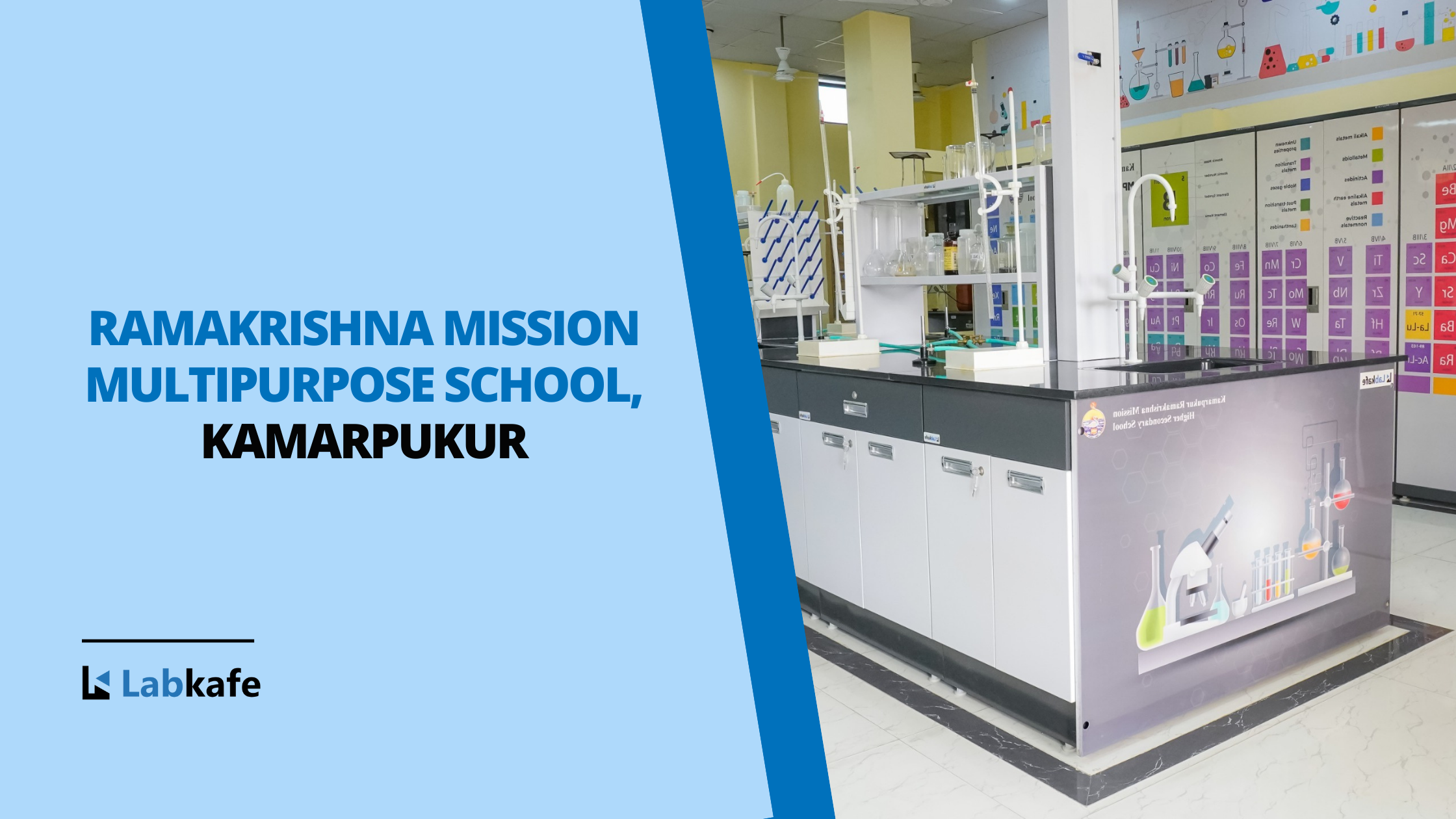
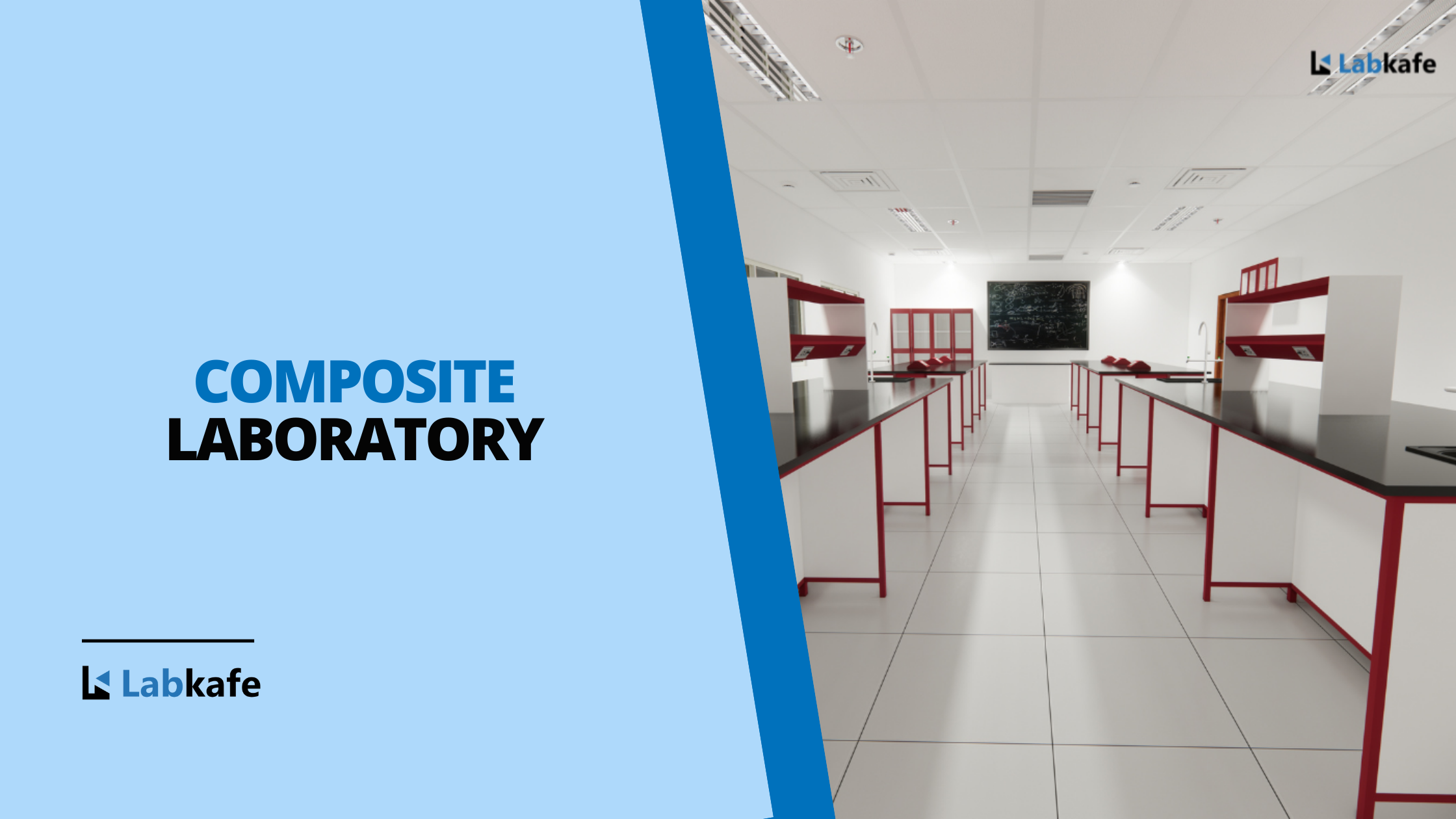

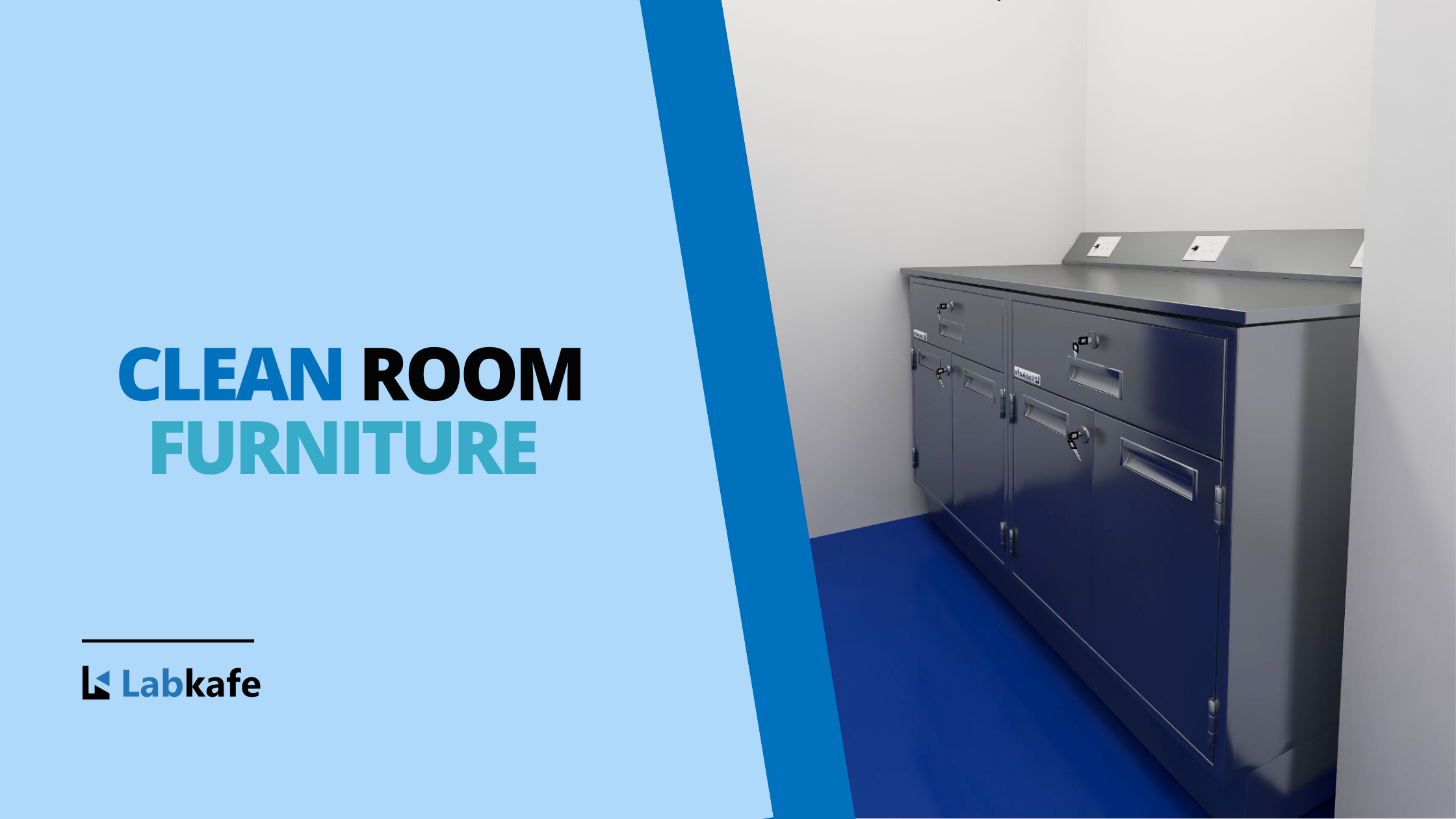
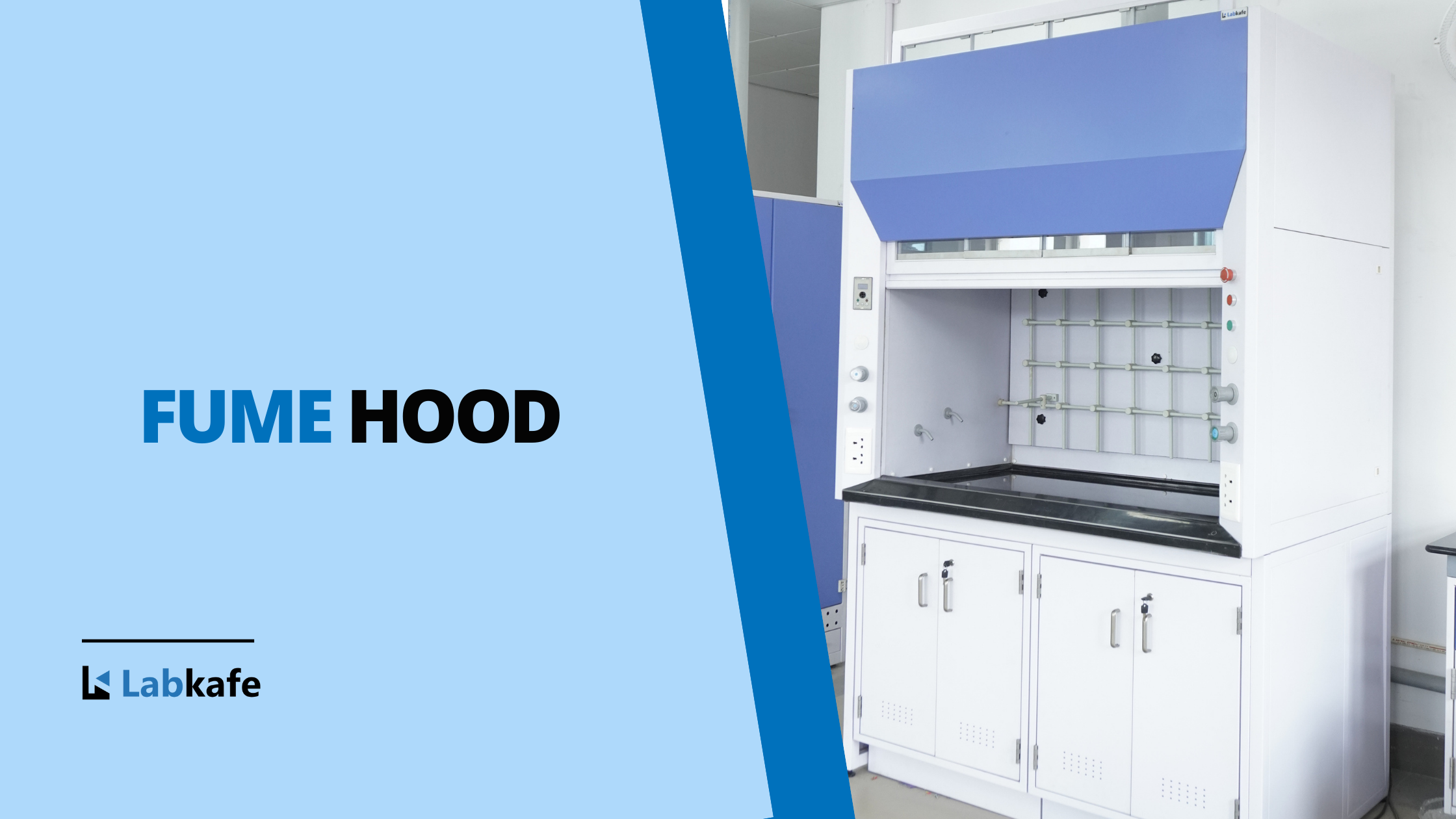
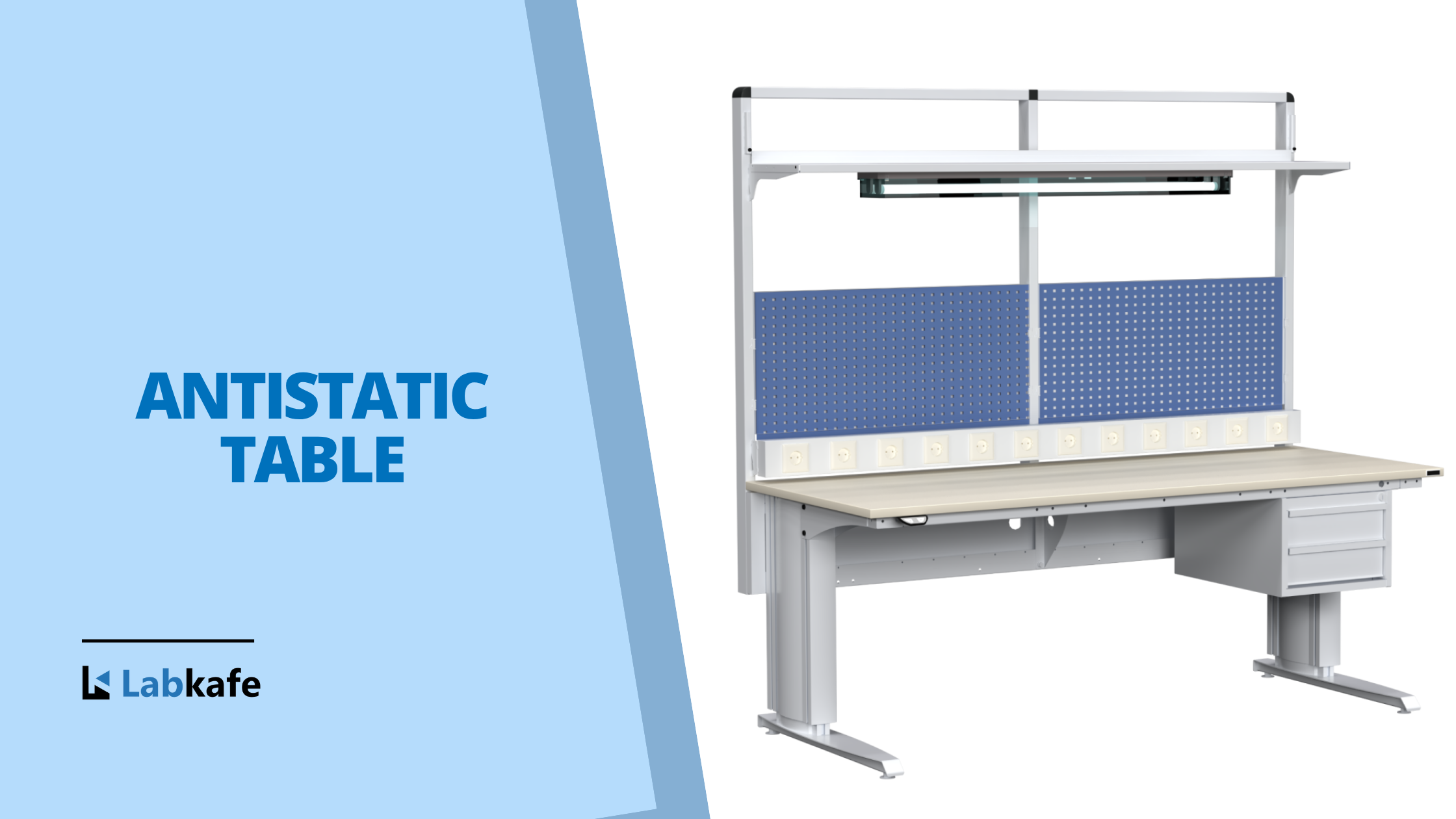
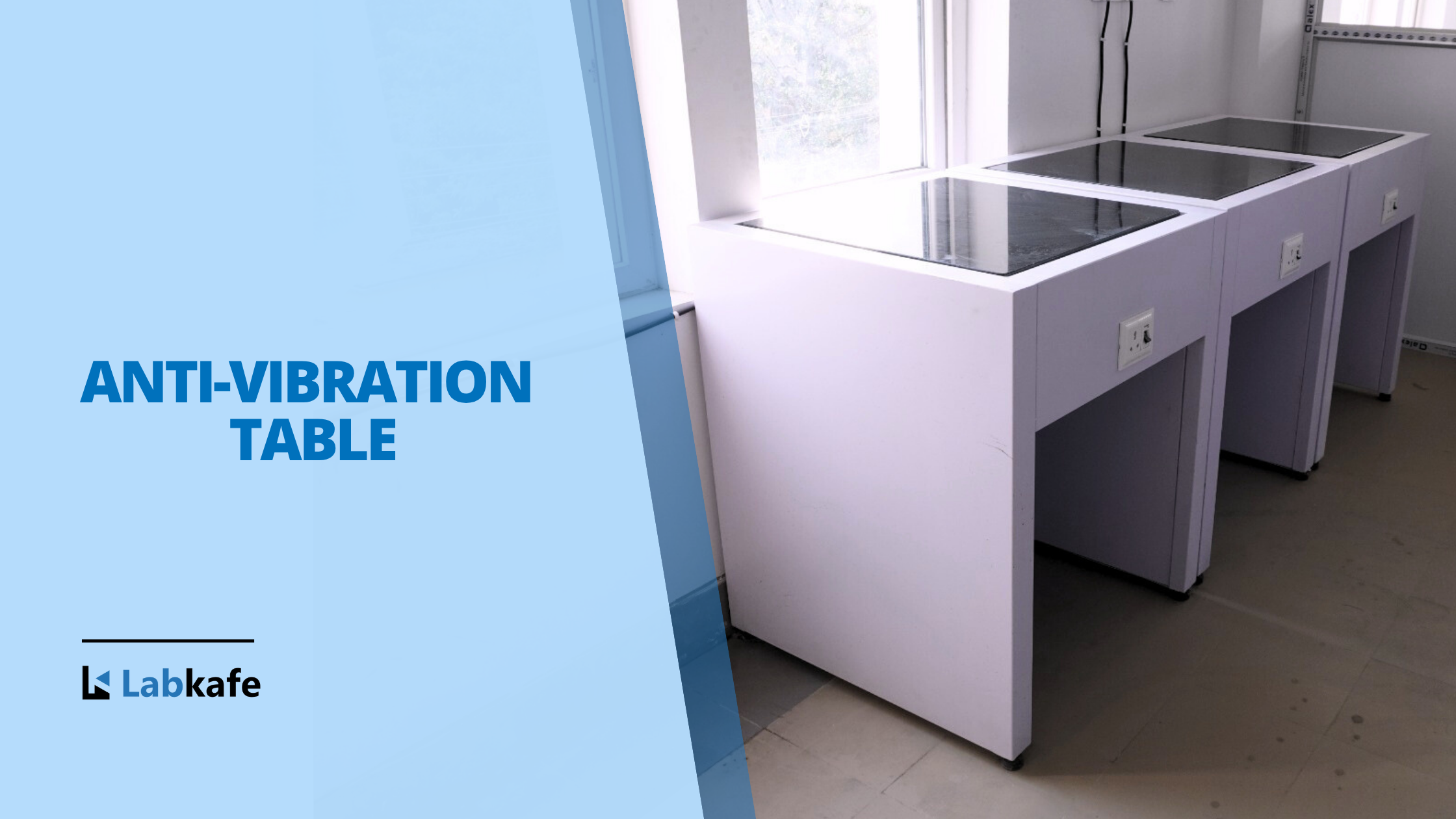

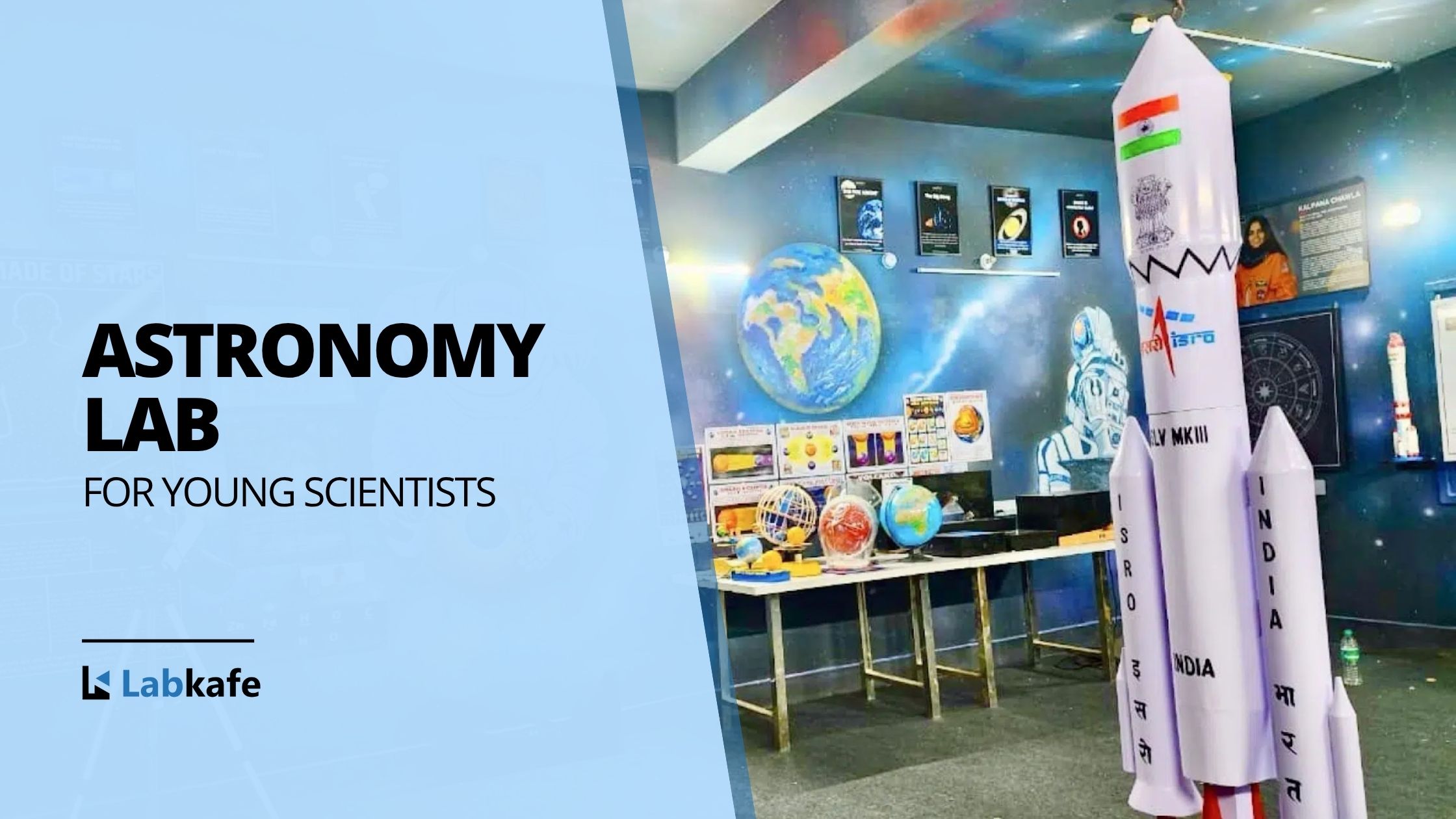
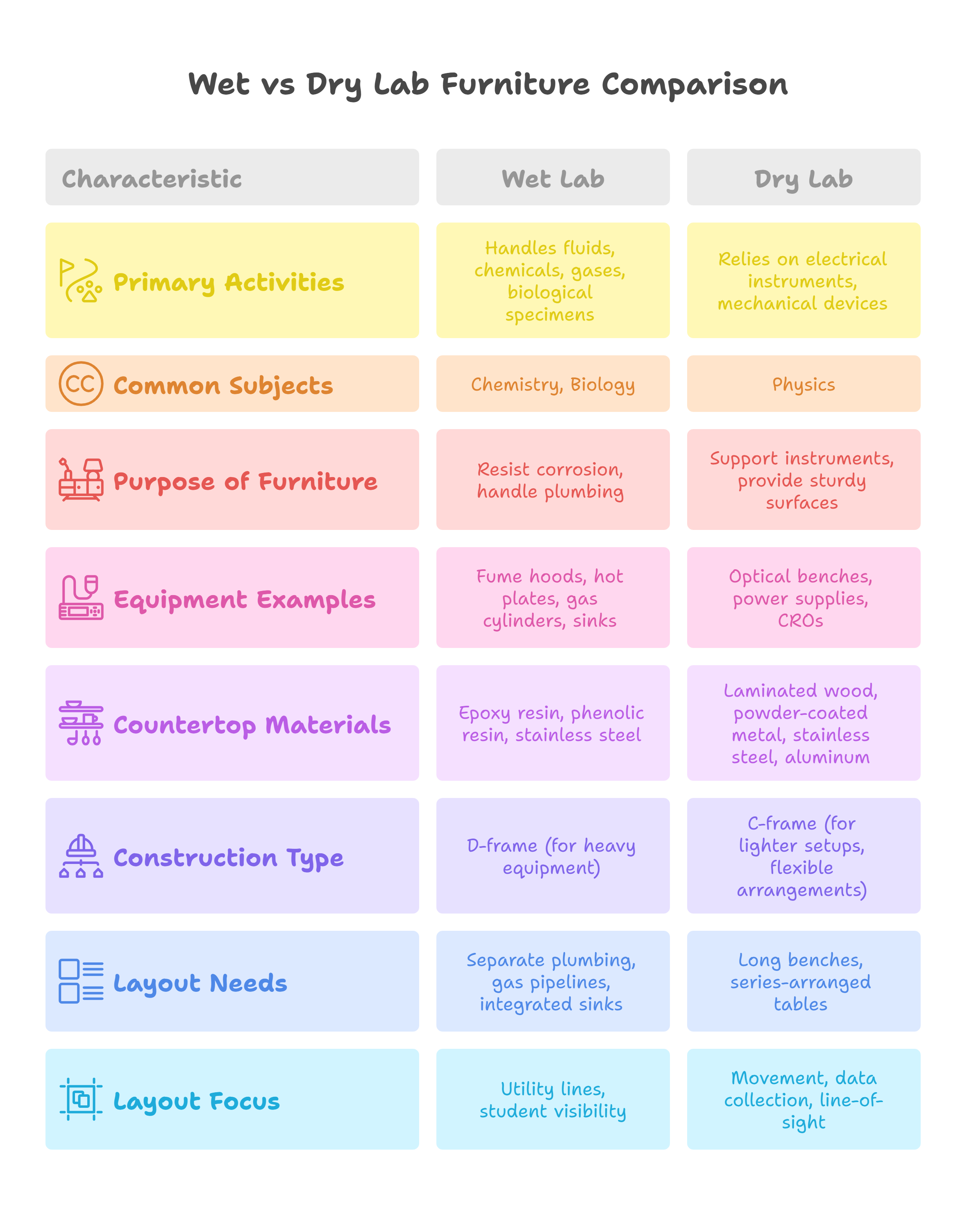
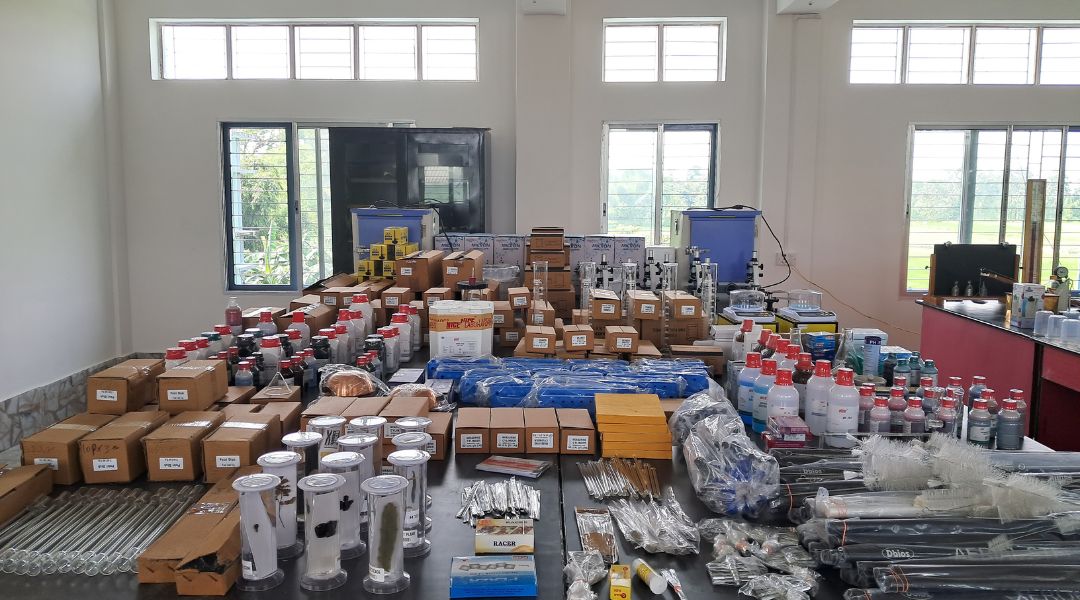
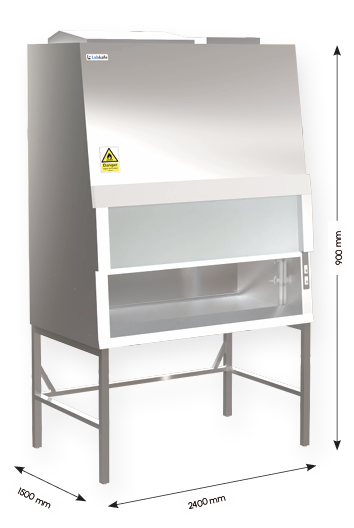
Leave a Reply